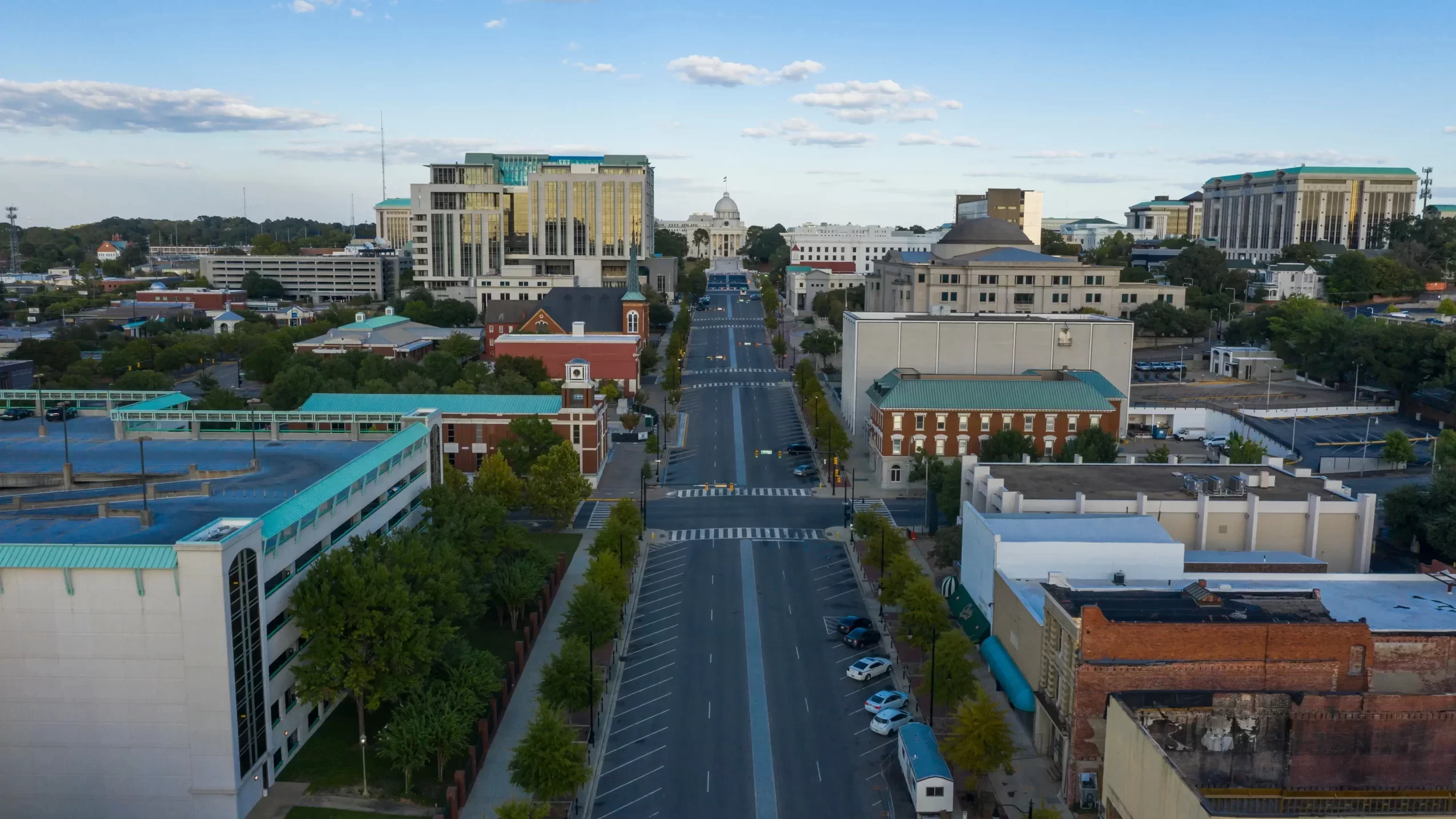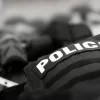Following a deadly weekend shooting in downtown Montgomery, Alabama leaders are offering sharply different views on what’s fueling gun violence in the state’s capital and how to curb it.
Governor Kay Ivey condemned the violence, describing the suspects as “thugs” and calling the incident “unacceptable” for Montgomery or any Alabama community. Ivey said she would do everything in her power to ensure those responsible are prosecuted and emphasized that the state has already taken steps to combat crime through its Metro Area Crime Suppression Unit and new laws targeting violence.
“With Montgomery Police Department officers a short distance away, shots were exchanged out over a crowded downtown Montgomery Saturday night. This simply should not be happening in our Capital City or anywhere in our state for that matter. Unfortunately, you can’t fix stupid. It is clear that to have a safe Montgomery, it is going to take more than these steps,” said Ivey.
Other responses from local leaders said the problem requires deeper, long-term solutions and more cooperation from the state.
State Representative Phillip Ensler, D-Montgomery, called for “a range of thoughtful approaches” to gun violence, describing it as a complex, systemic issue. He pointed to programs he has helped fund in Montgomery Public Schools that teach conflict resolution and de-escalation, saying such initiatives can prevent some violence before it begins.
“We must invest more in our young people and neighborhoods, support violence intervention initiatives, enact reasonable gun safety measures, and expand access to mental health services,” said Ensler.
Ensler also criticized the state for blocking a Montgomery ordinance that would have allowed police to require identification from anyone carrying a firearm, a measure local law enforcement supported.
“The state should support—not impede—Montgomery’s local efforts to make our streets safer,” said Ensler. “For example, local law enforcement staunchly supported a city ordinance requiring anyone carrying a firearm to show identification when asked by police. Yet rather than support this law enforcement tool, the state immediately blocked this effort.”
Montgomery Mayor Steven Reed echoed those concerns, saying changes to state gun regulations have made it harder for officers to enforce firearm restrictions.
“Anyone can carry a concealed weapon without a license or training. That’s a change from just a few years ago, when permits helped keep firearms out of the hands of people with violent backgrounds,” said Reed.
Reed said, despite setbacks, the Montgomery Police Department is still performing its duties as efficiently as it can. Five officers were near the scene of the shooting and responded within seconds, securing the area and working with state and federal partners to identify suspects.
Despite the weekend violence, Reed said overall crime in Montgomery continues to decline.
“We welcome any assistance the state is willing to provide. But real safety requires more than additional troopers or task forces—it requires the courage to confront the culture of easy access to guns and a lack of responsibility among those who carry them,” said Reed.
As investigators continue their work, Montgomery leaders are urging both state and local officials to move beyond blame and toward policy changes.













































